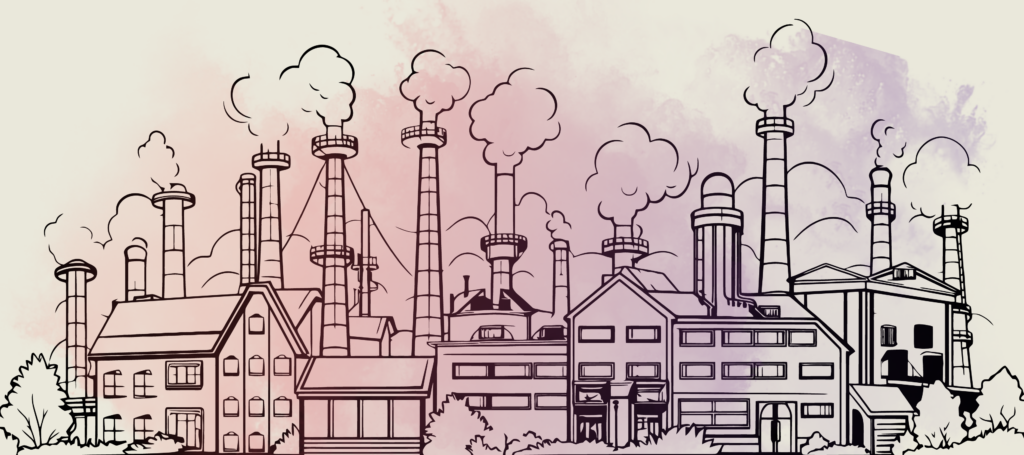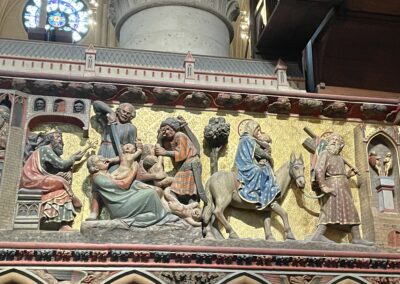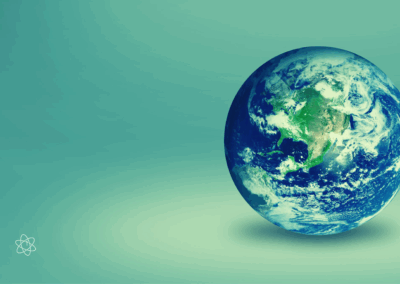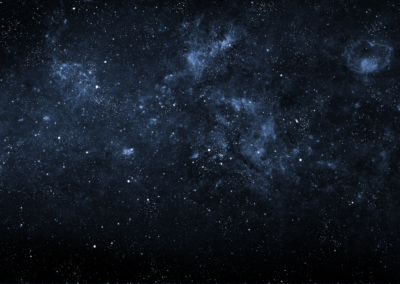
Details:
Date: May 15th, 2023
Time: 6:30pm
Location: Maclaurin Chapel, 18 Princes Street, Auckland CBD
Abstract:
Although there is a popular belief that disaster will make people turn to God the opposite often happens. The Lisbon Earthquake prefigured a huge sceptical movement in European society, and two world wars did not do anything for Church attendance. In particular, significant culture-wide tragedies diminish the sense that God is providentially looking after
the creation, however realistic the Bible might be about suffering. And yet climate change will be such a time of significant suffering, more widespread and probably deeper than previous disruptions. Christians must first work out what we can do to
mitigate change, but secondly, we must anticipate the challenges this time will bring to our faith and theodicy. The Holocene is a geological era spanning the last 12,000 years, that represents unprecedented stability of climate. In this period, humans developed agriculture, civilisation and religion. In this new emerging age, commonly known as the Anthropocene, how will we be challenged, and how can we respond to that tragedy? This paper will examine some of these questions, and invite discussion.
Biography:
Nicola is a theologian based in Auckland, and specialising in the interface between evolutionary theory and systematic theology, with broad interests also in all issues of public and contextual theology and ecology. For seven years she chaired TANSA (Theology and the Natural Sciences in Aotearoa). Her recent book, Animal Suffering and the Problem of Evil (OUP, 2013), examined theodicy given the reality of long aeons of animal suffering before humans arrived. It interacts with the challenges that systematic theology faces in light of evolution, but also examines some of the changes in evolutionary thinking in the last few decades. She is working now on the problem of free will in dialogue with the sciences. She was a part of the Human Nature Project at CTI in Princeton, 2012-2013, and the Human Distinctiveness Project at Notre Dame 2015-2016. Nicola has taught theology in the US and NZ. Her doctorate is in theology, but her original training was in mathematics and biology.



